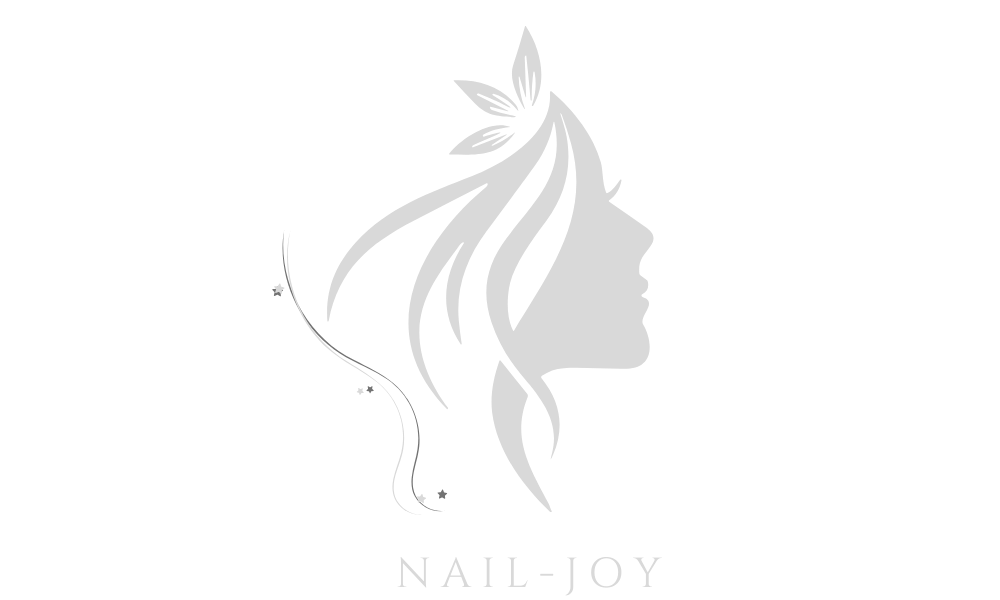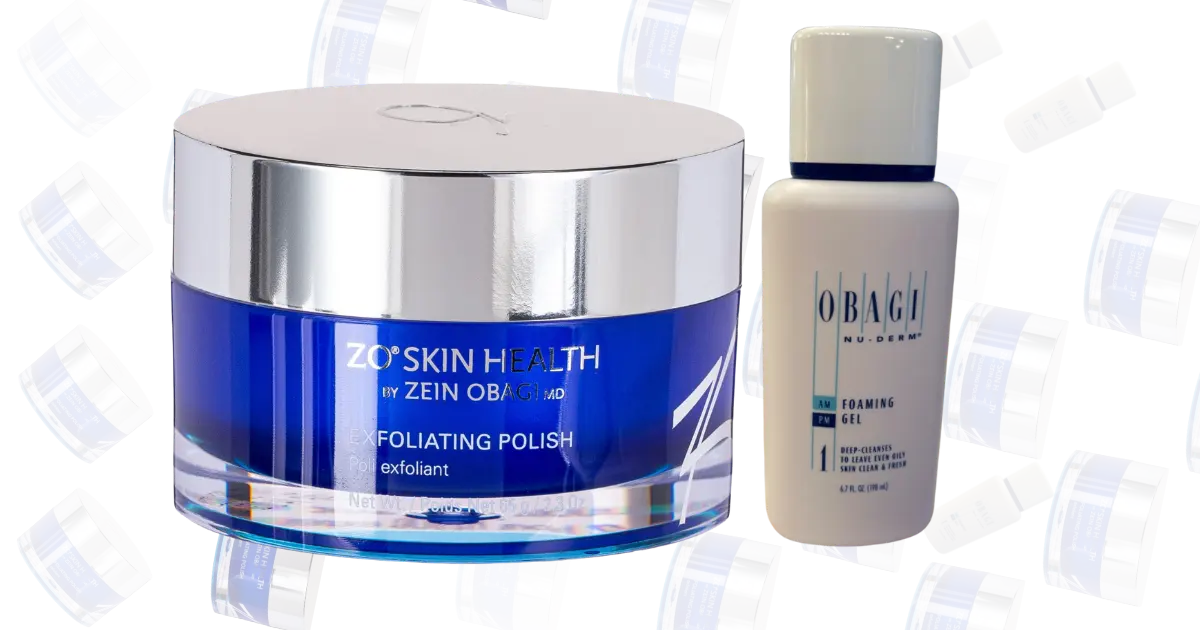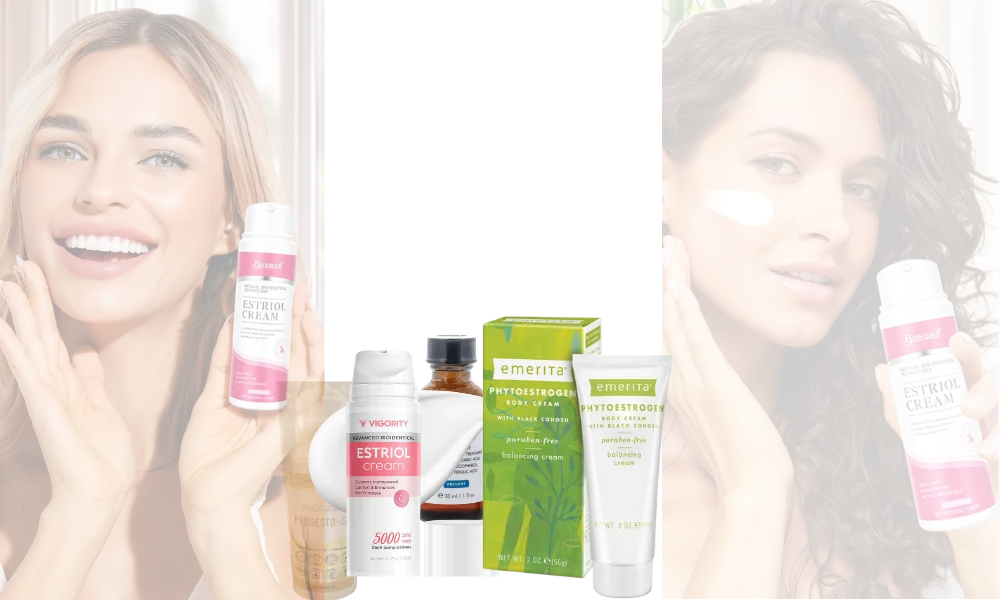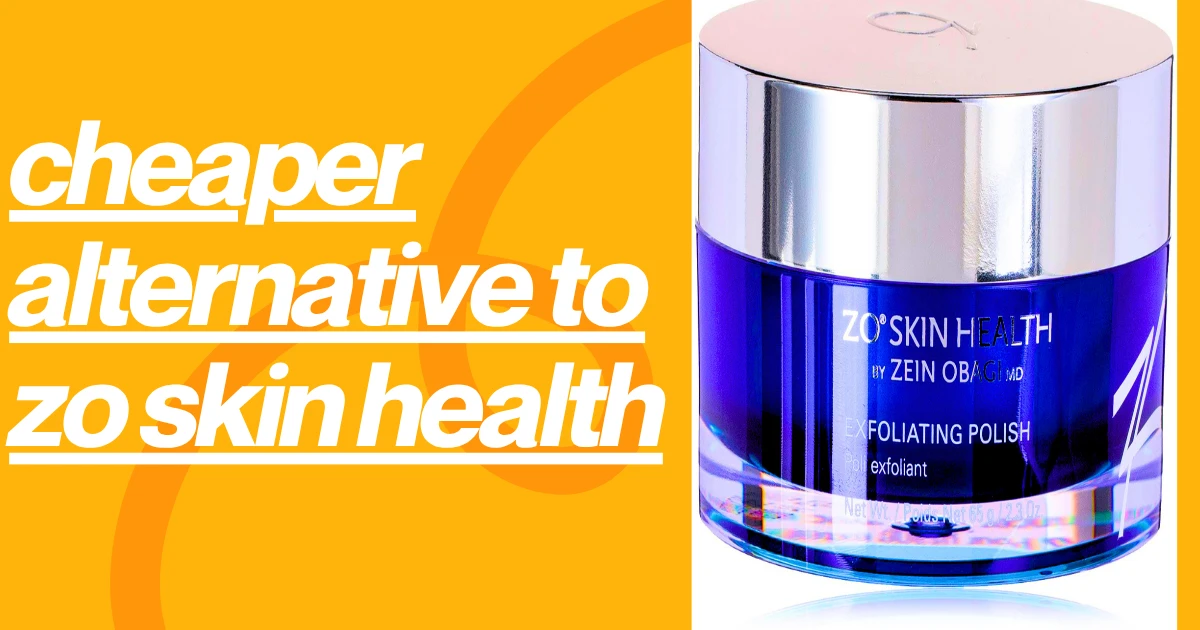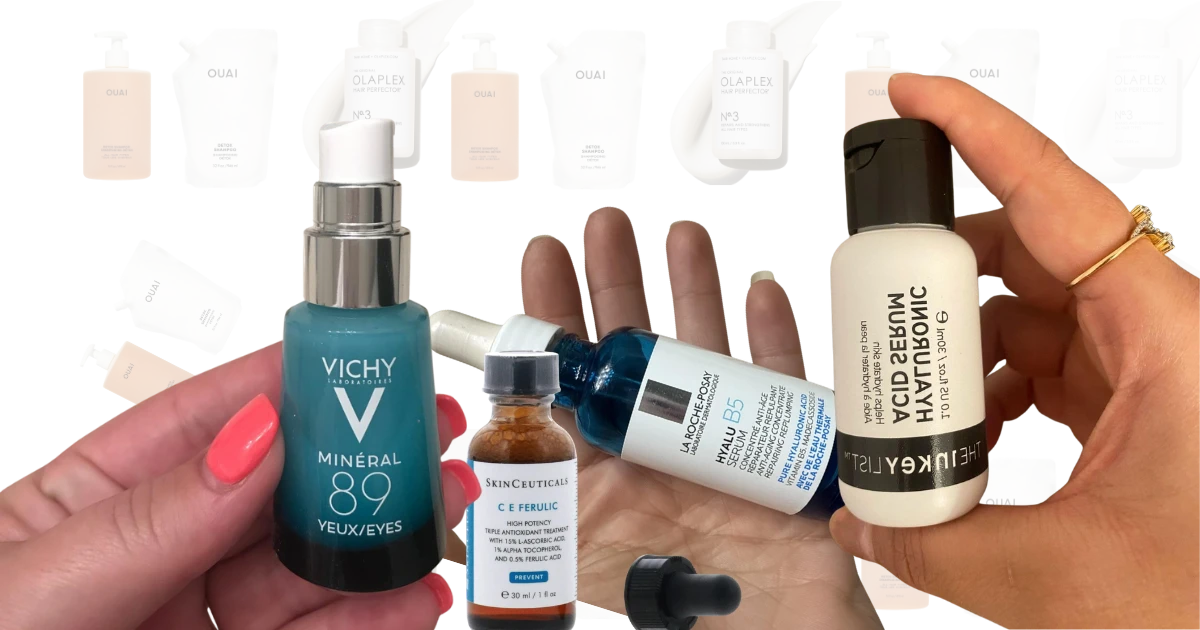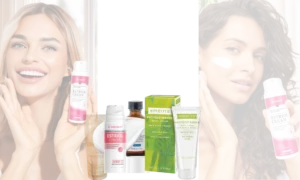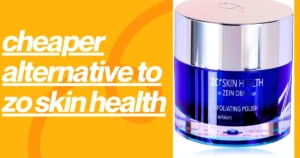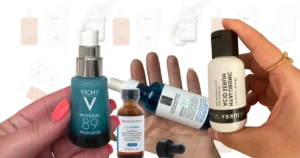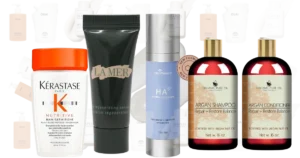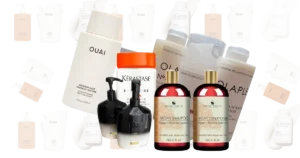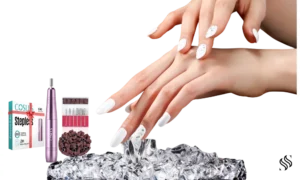My Personal Verdict
I’m really glad I tried both brands. If I had to choose one, I’d go with ZO Skin Health because I love the big changes I saw. My skin felt so much better, and it was worth the effort. Still, when my skin feels sensitive, I use my Obagi Vitamin C serum and Hydro-Drops.
So, here’s my takeaway:
Choosing between skincare brands can feel overwhelming, especially when the options are as popular as ZO Skin Health and Obagi Medical. I’ve always been curious about these two because they’re both trusted names in clinical skincare. After trying products from each brand over the past year, I’m finally ready to share my honest thoughts. In this post, I’ll walk you through what I liked, what I didn’t, and how you can decide which one might be better for your skin.
Why I Decided to Try ZO Skin Health and Obagi
I first heard about these brands from my dermatologist. Both were started by Dr. Zein Obagi, a dermatologist known for pushing the boundaries of clinical skincare. However, there’s a twist—he sold his original company, Obagi, in the late 1990s and later founded ZO Skin Health, which takes a slightly different approach.
That made me wonder: if both brands came from the same skincare pioneer, which one would work better for me? I deal with occasional breakouts, a bit of hyperpigmentation, and early signs of aging, so I decided to test them both and see how they compare.
ZO Skin Health: Powerful and Results-Driven
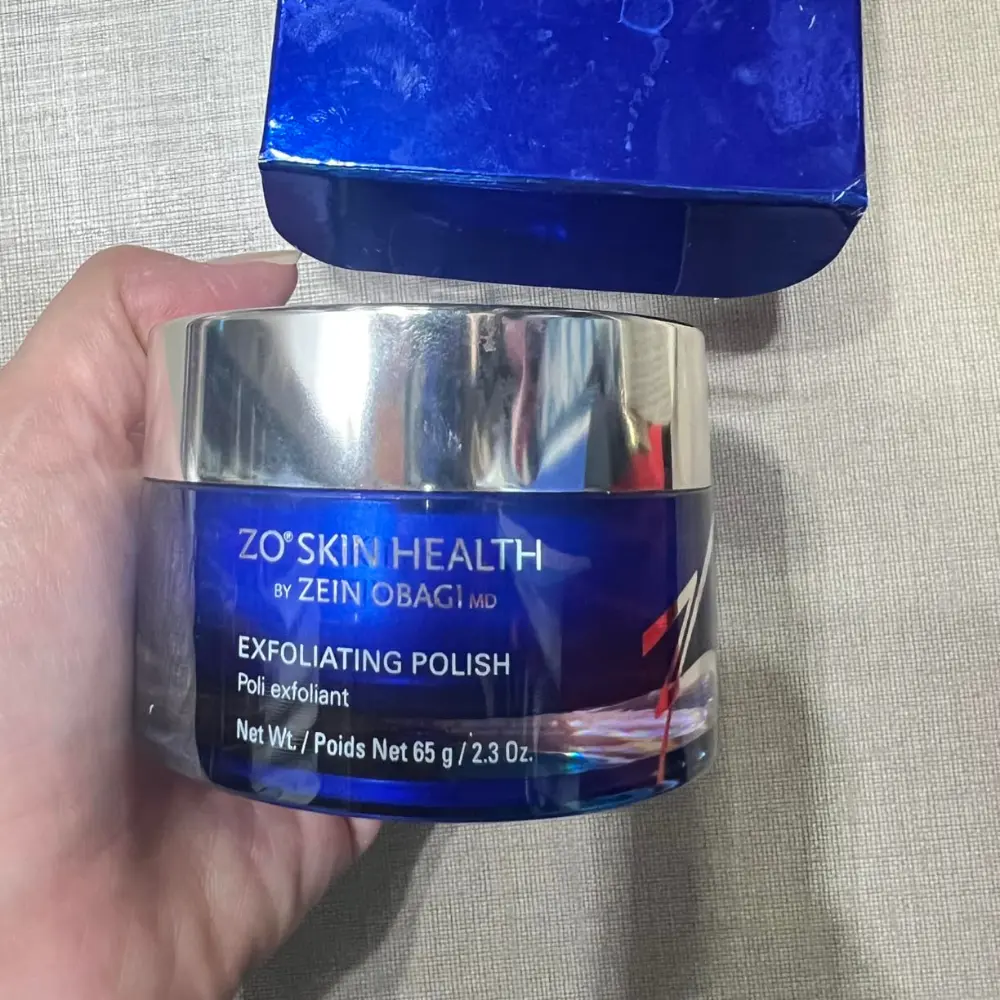
When I started using ZO, I quickly saw that it’s not your typical skincare line. The products have a lot of active ingredients, so it’s important to follow the instructions carefully. My first routine included:
- ZO Daily Power Defense (a multitasking serum for aging and protection)
- ZO Hydrating Cleanser (gentle but effective)
- ZO Exfoliating Polish (tiny crystals that leave skin super smooth)
The first couple of weeks were tough. My skin felt dry and tight as it adjusted to the products. But after about four weeks, I started to see real changes: my skin was smoother, I had fewer breakouts, and there was a nice glow. It felt a bit like getting a professional facial every week.
But ZO isn’t the easiest if you have sensitive skin. The adjustment period can be tough. Still, I liked how focused and effective the products were. It really felt like my skin was getting a fresh start.
Obagi Medical: Gentle but Effective
After ZO, I switched to Obagi Medical. Right away, I noticed how much gentler the formulas felt on my skin. My routine included:
- Obagi Professional-C Serum (20% Vitamin C)
- Obagi Daily Hydro-Drops (lightweight hydration with oils)
- Obagi ELASTIderm Facial Serum (for firmness)
Unlike ZO, I didn’t experience any dryness or peeling. The Vitamin C serum instantly brightened my skin, and the Hydro-Drops gave me a hydrated, plump feeling without being greasy. After about six weeks, my skin tone appeared more even, and I noticed a reduction in fine lines.
The main difference is that Obagi feels more like daily care than a strong treatment. It kept my skin healthy and glowing without making me go through a rough adjustment.
ZO Skin Health vs Obagi: Which Tackles Skin Problems Better?
Both brands worked, but in different ways. Here’s how I experienced it:
- Acne & Breakouts → ZO helped me more. The exfoliation and stronger actives really kept my pores clear.
- Hyperpigmentation → Obagi made a bigger difference, especially with stubborn dark spots. Some of their products contain hydroquinone, which is considered a gold standard for treating pigmentation (though a prescription is required).
- Anti-Aging → Both brands improved my fine lines, but ZO gave quicker results, while Obagi felt easier to maintain long-term.
- Redness & Sensitivity → Obagi was the clear winner in this category. It soothed rather than irritated my skin.
So, it really depends on what you want. If you’re looking for a big change with stronger products, try ZO. If you’re looking for something gentler and easier to use every day, Obagi might be a better fit.
Price and Accessibility
This was another big factor for me.
- You can’t just buy ZO Skin Health in a regular store. You have to get it from an approved clinic or provider. I liked having expert advice, but it’s not always convenient. Prices weren’t online, but through my provider, most products cost between 52$ and 145$.
- Obagi Medical is easier to find. Some products are available online, but others, like hydroquinone, need a prescription. Prices range from 49$ for cleansers to about 140$ for serums.
Both brands cost more than drugstore skincare, but they last longer because you don’t need to use as much.
Conclusion: Listen to Your Skin
In the end, choosing between ZO Skin Health and Obagi isn’t really about which one is better. It’s about what works for your skin and your routine. Both brands are backed by science and give good results. If you’re unsure, consult a skincare professional who can help you make an informed decision.
If you’ve tried either brand, I’d love to hear your thoughts. Did you prefer ZO or Obagi? Leave a comment and let’s share our experiences!
